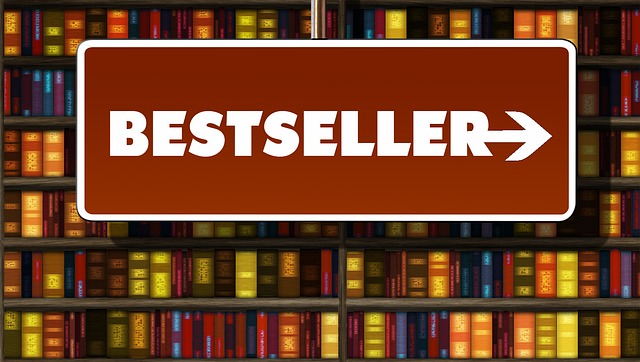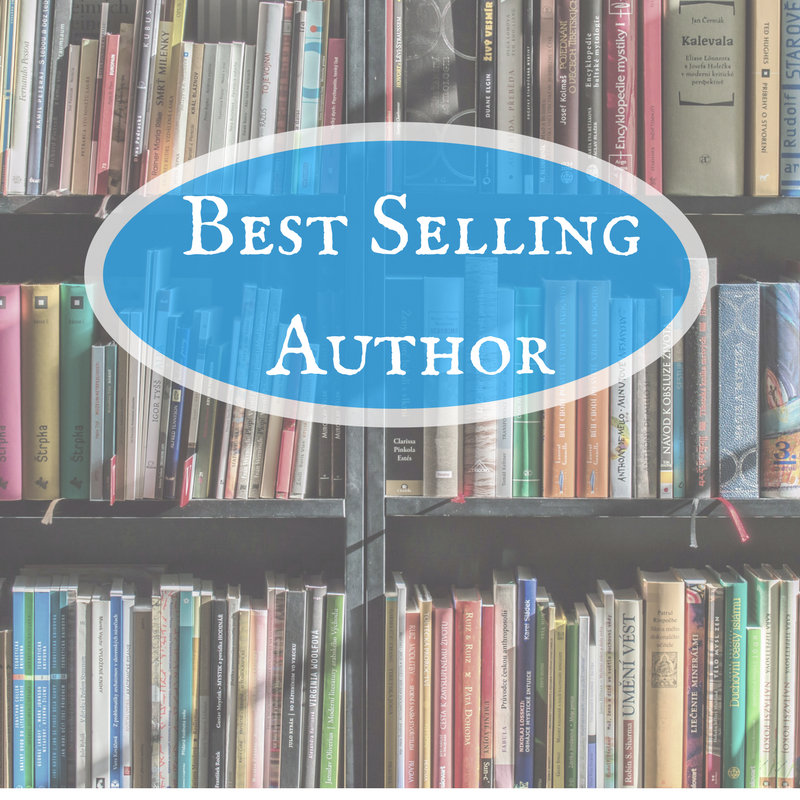[author title=”Cecil Murphey” image=”https://www.almostanauthor.com/wp-content/uploads/2015/10/Cecil-Murphey.jpg”]
Veteran author Cecil (Cec) Murphey has written or co-written more than 135 books, including the New York Times bestseller 90 Minutes in Heaven (with Don Piper) and Gifted Hands: The Ben Carson Story (with Dr. Ben Carson). His books have sold in the millions and have brought hope and encouragement to countless people around the world.
Cec stays busy as a professional writer and travels extensively to speak on topics such as writing, spiritual growth, caregiving, significant living, sexual abuse, and recovery.
Prior to launching his career as a full-time writer and speaker, Cec served as pastor in Metro Atlanta, as a volunteer hospital chaplain for ten years, and was a missionary in Kenya for six.
[/author]
Can you share a little about your recent book?
For the first time in more than 20 years, I have no recent book. My last book came out in the fall of 2014: Stolen: The True Story of a Sex Trafficking Survivor, which I wrote for Katariina Rosenblatt, who was lured into sex trafficking at age 12. Her traffickers kept her submissive by addicting her to cocaine. God intervened in her life, set her free from cocaine—instantly—and she now helps boys and girls leave trafficking.
Why do you write? Do you have a theme, message, or goal for your books?
I write because I believe I have things to say and that I offer a unique voice in my writing. I often state I want to hug readers with my words—to make them feel accepted and loved.
Other than that, I have no goals, but I’m particularly aware that my best work revolves around the shouldn’t-have-made-it people in the world, such as Dr. Ben Carson. The Lord seems to have given me a great affiliation with people like that.
How long have you been writing? And how long did it take you to get your first major book contract?
I started writing in 1971, and, like most beginning writers, started with short pieces. After rewriting my first article 18 times, with help from my editing group, a magazine bought it. I published at least 100 pieces before I tried to write a book.
Four years later in 1975, I sold my first book, as well as the next five or six without a rejection.
How long does it take you to write a book?
I don’t like to answer that question because I do everything swiftly. I move quickly, think rapidly, and type fast. When I lived in Kenya, the Africans called me Haraka, which means fast.
I usually write a book in three to four gifts: I have a lot of energy, I’m speedy, and I’m highly self-disciplined.
As of June 30, 2015, I’m slowing down and writing less, but my typical workday started around 8:00 a.m., with lunch and perhaps a brief nap, and back at my computer by 1:00 or 1:30. I worked until 5:00 and then the evening was my own.
Do you have an interesting writing quirk? If so, what is it?
I don’t know if it’s interesting, but when I work on a manuscript I get obsessed and think about the project when I’m not working. I run in the pre-dawn hours and part of my time centers on the current WIP. Sometimes I’d become so engrossed in my project, I spent 12 to 14 hours a day on the keyboard.
What has been your greatest joy(s) in your writing career?
I have to give you two responses to that. First, I’m amazed that I make a living at this and have done so since 1984.
Second, I find great joy in helping other writers. For several years I’ve provided scholarships to new writers as my way to nudge them toward success.
What has been your darkest moment(s)?
Two years after I started writing part time, I sold my first 40 articles without a single rejection. Then one day I received seven rejections in one mail delivery.
For at least a week I mumbled, “I’ll never write again.”
But one of my friends asked, “How many people do you know who write enough to receive seven rejections?” I’m not sure why, but that comforted me. Then my friend reminded me, “You’ve had a lot of success, but all serious writers face rejections.”
Which of your books is your favorite?
Isn’t that like asking a mother, “Which child do you love the most?” When I’m working on a book, it’s my favorite (or I wouldn’t write it). Then I’m ready to “give birth” to a new one.
Knowing God, Knowing Myself is the most personal and intimate book I’ve ever written.
Who is your favorite author to read?
Although I read eclectically and devour almost everything written by a handful of authors, I can’t pick out one that tops them all. Some authors grab me by their style, others because of their extensive knowledge, and a few because of their vivid imagination. Growing writers also outgrow the books and authors that speak to them.
What advice can you give aspiring writers that you wished you had gotten, or that you wished you would have listened to?
Commit yourself to learn, continue to learn, and don’t stop growing. I’m still discovering new things about writing. That may be one reason I love being an author.
What is the single greatest tool you believe a writer should have in his or her toolbox?
The greatest tool is a feel for words. Not all writers have that (and it shows). It’s like writing along and pausing to think of exactly the right word.
In question 2 above I used four adverbs: swiftly, quickly, rapidly, and fast. I struggled over that sentence several times, not wanting to use the same word twice. I’m still not sure about swiftly because it’s still not exactly what I mean, but after ten minutes, I used it and moved on.
All words are good tools, but only one fits the immediate context. If you feel the difference emotionally, you’re far ahead of most writers because you intuitively sense the shades of meaning.
How many times in your career have you experienced rejection? How did they shape you?
I’m the most successful rejected author I know. I’ve lost count of the no-thanks from editors, but certainly in the hundreds.
For the first few years, each nonacceptance hurt, but I finally realized publishing is like any business. I have a product to sell and, although I believe in it, some potential customers say no.
Where do you get your ideas?
I read. I think. I imagine. When I read a book or see a film, I talk to the writer (sometimes aloud) and ask questions or offer suggestions. Silly perhaps, but it keeps my mind stimulated. I wrote a book on prayer years ago just from mentally arguing with one author.
What are common mistakes you see aspiring writer’s make?
I call it the entitlement mentality—as if they deserve to be published. Writing isn’t easy and it’s demanding.
Right along with that, I’d add too many want to start big—with books. They need to learn to build a career. They need to be willing to start small with a few published articles or stories to learn the art and craft of writing. Once they’ve proven they know the basics by those smaller publications, they’re ready to move on to bigger pieces. I published at least 100 articles before I ever wrote a book, but by then, I was ready.
Where/How do you recommend writers try to break into the market?
Start with material you already know or care enough about to research. I was a pastor when I began and wrote about problems people in our congregation faced. Then I moved into topics that, with some research, I could write about.





No Comments